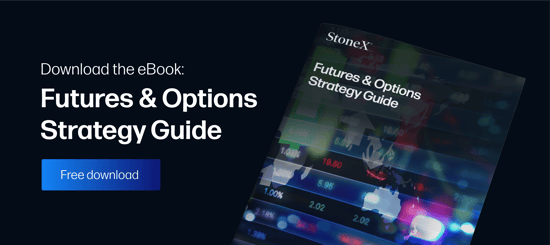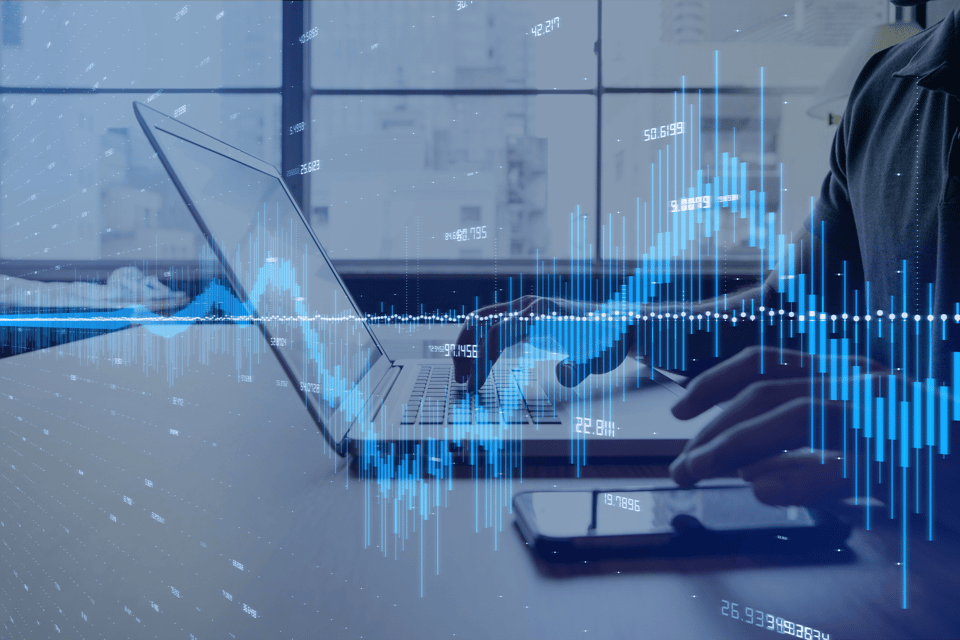Although the exchanges being traded are the same, all futures brokers are not equal. Some excel in specific areas, such as pricing and technology, while others offer specialized services like managed portfolios. Ultimately, the responsibility falls on the trader to decide which alternative is most suitable.
At first, it may seem intimidating choosing from the many futures brokers vying for your business. However, there’s no need to stress. By performing a little due diligence and reading this article, you’ll know what to look for in a brokerage firm.
Market Access Is Not “One Size Fits All”
For futures traders, accessing the markets with maximum efficiency is a primary driver of success. That’s because securing a quality, low-latency avenue to the marketplace is of paramount importance.
Unfortunately, providing market access is one area where futures brokers vary wildly. Some furnish clients with a reliable, unfettered data flow, while others operate within the confines of a cut-rate technological infrastructure. When it comes to market access, there are a few features your broker should have:
- Direct market access (DMA): DMA makes it possible for the trader to interact with the market free of any intermediaries. Data is transferred directly from the exchange to the trader and vice-versa. This reduces undue latencies by streamlining the process of order entry and data receipt.
- Server-side order hosting: For retail traders — where active orders are held before they’re filled — is a big deal. Server-side order hosting ensures that limit and stop orders are resting at the exchange. This feature promotes optimal fills and reduced slippage. Conversely, active client orders are sometimes held on brokerage servers or the trader’s own PC before being sent to market. Known as client-side hosting, this process of order routing undermines efficiency. If you’re interested in solid trade execution, then make sure your orders are being held server-side.
- Software platform options: A futures broker should offer the functionality of multiple platforms or customizable connectivity alternatives.
- Dedicated support team: When the unexpected occurs, being able to get an actual person on the phone or live chat is invaluable. It’s important to be aware that the degree of support available varies from broker to broker.
In the age of the digital marketplace, a strong connection to the market is an integral part of successful trading. DMA, server-side order hosting, platform options, and dedicated support are courtesies that most winning futures traders find indispensable.
Service and Pricing
In the majority of retail businesses, consumers are accustomed to a wide range of options regarding price and services rendered. These are two areas where futures brokers cater to the unique preferences of their clientele.
Typically, pricing and the degree of personal attention go hand-in-hand. As the involvement of the broker increases, so does the cost. Nonetheless, each firm adheres to specific practices and guidelines governing what is offered and for how much. About 99% of the time, the following service and pricing structures are evident:
- Self-directed: The broker takes a hands-off role in day-to-day trading operations, providing limited support. In most cases, self-directed trading is offered with discount and deep-discount cost schedules.
- Full-service: Under a full-service arrangement, the broker is directly involved in placing trades and offering expertise. This level of attention comes at a price that’s higher than that the discount or deep-discount offered to self-directed traders.
Regardless of industry standards, it’s up to the individual trader to find a broker that provides an ideal service suite at a reasonable price. This can be a challenge because rock-bottom commissions and fees often come with hidden costs. Subpar support, insufficient technology, and inadequate market access are factors that can ultimately make deep-discount brokers a pricey venture.
Futures Brokers Are Like Snowflakes…
The function of all futures brokers is essentially the same ― facilitate trades for their clientele. Of course, how this mission is accomplished varies from firm to firm. Your ideal broker should offer robust market access, an array of self-directed/full-service options, competitive pricing, and a rock-solid reputation. If your broker isn’t up to any of these tasks, then it may be time for a change.
Making sure that your trade-related needs are being satisfied is an important first step to succeeding in futures. For more information on what StoneX can do for you, schedule a no-obligation consultation today.



